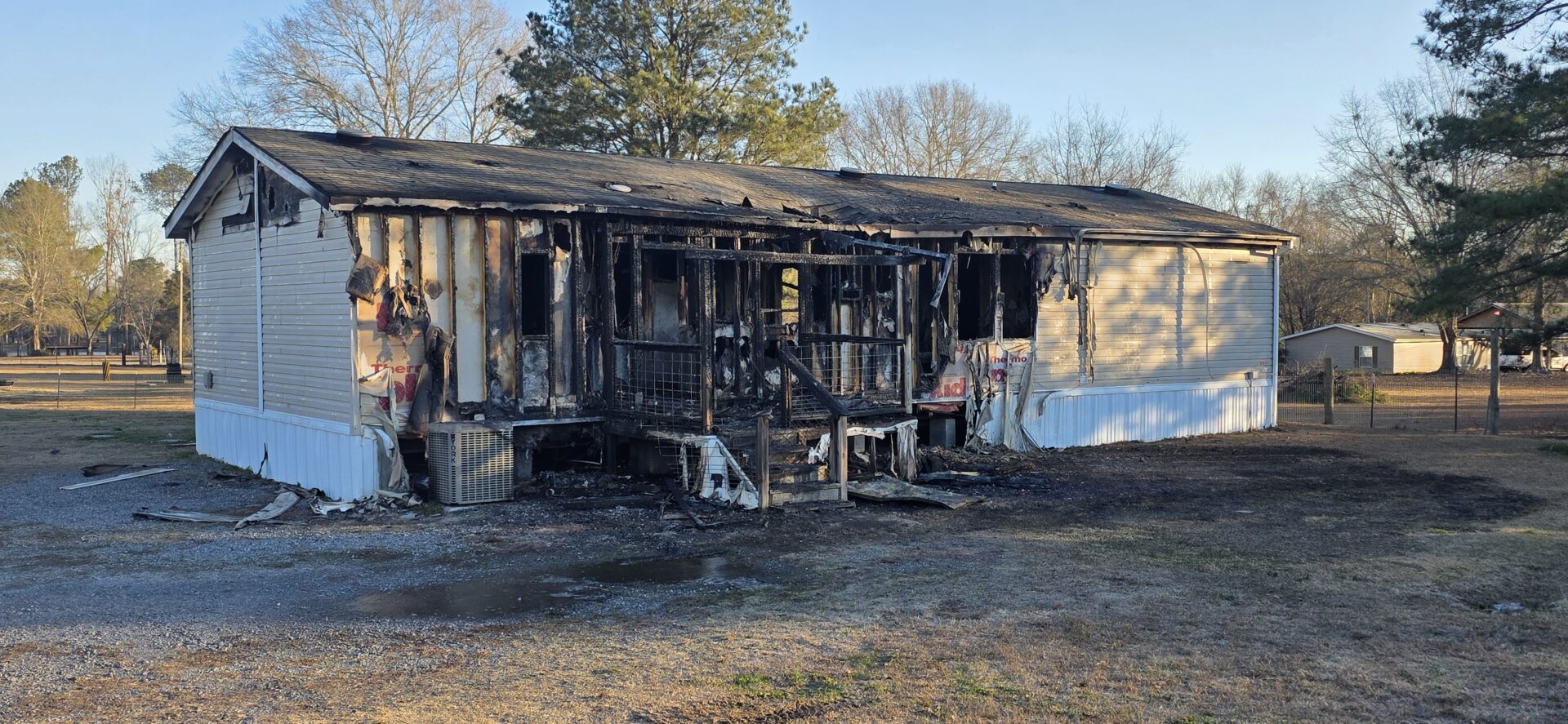
(WASHINGTON) — The U.S. is warning Israel to fight in a more targeted way once the pause ends in order to avoid displacing more Palestinians and worsening the humanitarian crisis, senior administration officials say.
If the sort of displacement that happened in northern Gaza happens in the south — where Israeli forces are now on the ground — it would cause a crisis beyond the ability of any humanitarian support network, one official said on a call with multiple officials and reporters Monday evening, noting it would be “beyond disruptive.”
The current pause in fighting was brokered to enable the release of some of the more than 200 people taken hostage during Hamas’ Oct. 7 surprise attack on Israel in exchange for Palestinians released from Israeli prisons.
“You cannot have the sort of scale of displacement that took place in the north replicated in the south,” the senior administration official said on the call. “It can’t happen, which means that the manner of the campaign has to be extremely carefully thought through to minimize this consequence of further, significant displacement.”
The Biden administration has strongly backed Israel in its right to defend itself and in Israel’s stated mission to eradicate Hamas terrorists in response to the Oct. 7 attack. But with mounting criticism over the unfolding humanitarian crisis in Gaza under Israel’s offensive, the Biden administration has been steadily increasing its warnings to Israeli officials about retraining their military operations, and the latest statements from U.S. officials mark some of the most forceful warnings yet.
Israel had previously instructed Gazans to evacuate from northern Gaza, where the majority of the fighting has been focused, to the south to minimize civilian casualties.
“We have reinforced this in very clear language with the government of Israel — very important that the conduct of the Israeli campaign, when it moves to the south, must be done in a way that is to a maximum extent not designed to produce significant further displacement of persons,” the official added.
The official also said the U.S. has made clear to Israel that the U.S. expects the increased amount of humanitarian aid entering Gaza to continue even when the fighting resumes, adding that the surge in aid is not contingent on hostage releases.
The official said the Israeli military campaign should not impact the ability of aid to get into Gaza or the operations of hospitals or U.N.-supported shelters throughout south and central Gaza.
Israel seems to be “receptive” in conversations with the U.S., the official said.
“There is an understanding that a different type of campaign has to be conducted in the south than was conducted in the north,” the official said.
Israel has vowed to resume the war with “full force” when the pause is over.
The White House has said the administration believes there are eight or nine Americans still being held hostage, but officials stress the lack of information. U.S. officials do not know where these Americans are, who is holding them, their conditions — or even whether they’re alive.
Separately, a second official told ABC News that CIA Director Bill Burns visited Qatar on Tuesday for meetings with Qatari officials as well as his Israeli and Egyptian counterparts. The conversations include discussions on the hostages, that source said.
U.S. officials have maintained that Israel has the right to defend itself. However, they have been increasingly emphasizing the need to protect civilian life, allow passages for humanitarian aid and consider how any actions could impact the hundreds of hostages Israeli officials say Hamas seized following the Oct. 7 terror attacks.
Eight-hundred trucks have gone into Gaza during the first days of the pause, officials said, which is a huge increase from the days prior. Two-thousand trucks have gone into Gaza in total so far, meaning that 40% of the aid trucks have gotten to Gaza in just the last four days.
However, the United Nations says that some communities in northern Gaza have been cut off from aid for weeks and the current aid “barely registers against the huge needs of 1.7 million displaced people.”
“The humanitarian catastrophe in Gaza is getting worse by the day,” said Stéphane Dujarric, spokesperson for the U.N. secretary-general.
ABC News’ Zoe Magee and Cindy Smith contributed to this report.
Copyright © 2023, ABC Audio. All rights reserved.




